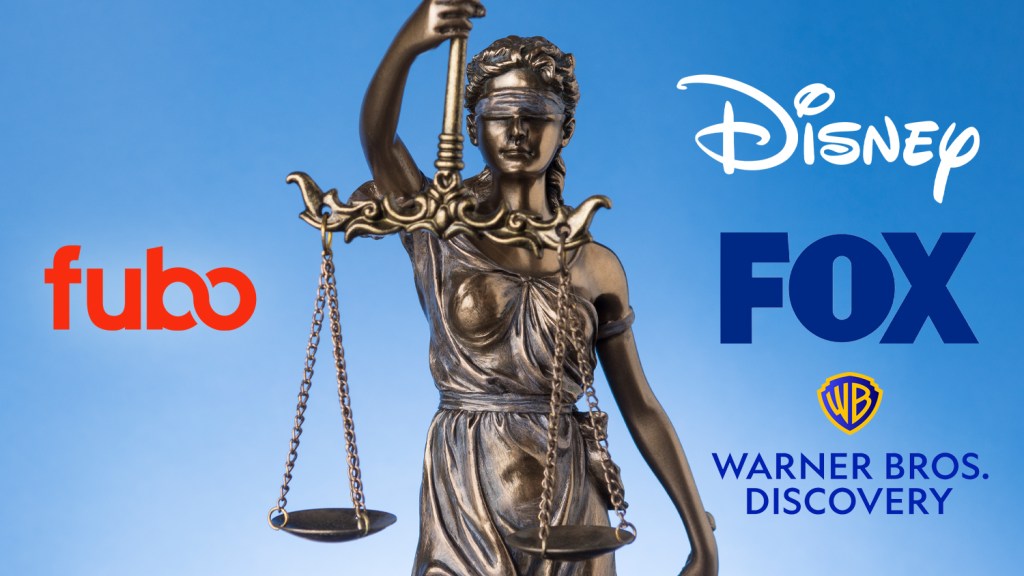Welcome Back to Production.ink, Issue #16. This second installment of our multi-part Book to Screen Adaptation series. In our first installment, we looked at the market for producers generally. Today's newsletter covers the actual terms that govern the practical, legal, and financial factors any production executive must consider when entering into a book to screen adaptation agreement.
As discussed in our first article, book to screen adaptations have always held, and will continue to hold, a vital place in Hollywood. According to Robert Zipser of Filmmaker Magazine, “Hollywood’s love for books will endure for two simple reasons: First, books offer built-in wonderfully developed stories with fascinating plots and compelling characters; second, popular books (think the Harry Potter series as the ultimate example) have throngs of rabid fans (often teenagers and nerdy adults) who will be rushing to the box office to see the motion picture based on their beloved book.”
It goes without saying, then, that any film or TV professional would be remiss to disregard the book publishing industry as a source of inspiration, knowledge, and professional opportunity. So, then - what are the key components of the book-to-screen deal/contract.
Some important factors to remember about a properly structured book-to-screen deal/contract is that it should protect both the producer and the author while establishing clear parameters for the adaptation process.
Most book adaptations begin with an option period, typically lasting 12-24 months in exchange for a fee - usually about 10% of the total purchase price, though this is negotiable. During this period, the producer has exclusive rights to develop the property while determining market interest before committing to a full purchase. And beyond the option terms, the agreement will set forth the agreed upon deal terms that the parties agree to if and when the project moves forward.
Key Components of a Purchase Agreement for Adaptations
When an author agrees to a purchase agreement for the adaptation of their work into a film or television project, there are several critical elements to consider. These components can vary based on the scope of the agreement, but certain rights, credits, financial structures, and legal terms must be clearly defined to ensure both parties are protected and aligned. Below, we break down the essential components of a typical purchase agreement for adaptations.
1. Rights Package
A key feature of the purchase agreement is the clear definition of which rights are being sold and to what extent. These rights can vary depending on the deal but typically include:
- Motion Picture and Television Adaptation Rights: This outlines the rights to adapt the author's original work into a film or TV show.
- Ancillary Market Rights: This includes rights to distribute the work in other formats, such as home video and non-traditional platforms.
- Sequel and Remake Rights: The agreement should specify whether the producer has the right to create sequels or remakes based on the original work.
- Promotional Use Rights: Typically, the agreement grants the right to use up to 7,500 words of the original work for promotional purposes, such as marketing materials or press releases.
Clearly specifying these rights ensures that both the author and producer have a mutual understanding of how the work will be used and distributed.
2. Author's Reserved Rights
While the purchase agreement usually grants significant rights to the producer, authors typically retain certain important rights, especially those that could affect future works or adaptations. These may include:
- Publication Rights: The author usually retains the right to continue publishing the original work in its current form or a revised edition (often leveraging the screen adaptions "look and feel"). Authors usually also retain the right to write sequels to the original work, independent of any film or television adaptations.
- Stage and Radio Adaptation Rights: The author may retain the right to adapt their work into a stage play or for radio broadcasts.
- Character Rights for Future Literary Works: The author typically maintains the right to use characters from the original work in future endeavors.
These reserved rights give the author the flexibility to continue to explore and expand on their intellectual property.
3. Credit Requirements
Both the author and screenwriters will want to have their contributions properly credited in the adaptation. The purchase agreement should outline these credit requirements to ensure clarity and prevent disputes.
- Author Credits: The agreement must stipulate how the author’s name and likeness will be used in promotional materials. This includes specifying the size and placement of the author's credit in the film or TV credits and any other promotional materials.
- Screenplay Credits: When the production is signatory with the Writers Guild of America ("WGA"), writing credits must follow WGA guidelines. If disputes arise over screenplay credit, these must be resolved through WGA arbitration.
This section is vital to avoid misunderstandings about how credits will be handled in the final production.
4. Financial Structure
A properly structured financial agreement is key to a successful purchase agreement. There are two primary financial components to address:
- Purchase Price: The agreement should outline the initial payment terms and any additional payments that may occur if specific rights are exercised. The payment schedule should also be clearly defined, detailing when payments will be made and under what conditions.
- Back-End Participation: Many purchase agreements include a back-end participation structure, where the author (or other stakeholders) may receive a percentage of the profits. This typically involves:
- Definition of "Net Proceeds": It's crucial to define what constitutes "net proceeds," as this impacts how profits are calculated.
- Investor and Producer Share: Typically, the investor and producer each receive a 50% share of the profits, but this can vary.
- Talent Participation Points: In some cases, actors, directors, or other key talent may be entitled to a share of the profits.
- Accounting Provisions: The agreement should also define how financial records will be kept and how proceeds will be tracked and who may audit and when audits can occur. Clarifying this upfront saves a lot of headaches down the road.
5. Other Key Considerations
Legal and other key provisions are fundamental to ensuring that the agreement is enforceable and that both parties’ interests are protected. Some of the other key deal points include:
- Rights Reversion: The agreement should specify under what conditions rights will revert to the author, particularly if the project is not developed within a certain timeframe. This section may also define the conditions under which the author can reclaim the rights, along with any associated extension terms and payment requirements.
- Development/Creative Control: The author may want to retain some level of creative control over the adaptation. This may include:
- Approval Rights: The author may have approval rights for significant changes to the original work, such as changes to characters or the storyline.
- Consultation Requirements: The author might be entitled to consult on key creative decisions, especially if these decisions impact the integrity of the original work.
- Development Timeline Requirements: The agreement should outline a timeline for the development of the project to prevent unnecessary delays.
- WGA Requirements: If the author will write the screenplay, it may be necessary for them to join the Writers Guild of America (WGA). This will also affect how certain rights are structured and may require additional compensation for derivative works, such as a novel being adapted into a screenplay.
A well-drafted purchase agreement for an adaptation is crucial for protecting both the author’s creative rights and the producer's financial interests. By addressing key elements such as rights packages, credit requirements, financial structures, and legal considerations, both parties can ensure a fair and transparent process. With careful attention to detail, these agreements can help foster successful collaborations that honor the original work while bringing it to new audiences.
The success of a book-to-screen adaptation often depends on the clarity and comprehensiveness of these agreements. Production executives should work closely with entertainment attorneys to ensure all aspects are properly addressed and protected. A well-structured agreement provides the foundation for successful development while protecting the interests of all parties involved.








Sony Pictures EVP of Production and Development Palak Patel is departing to become the Chief Content Officer at Namit Malhotra’s Prime Focus Studios.
Edward Zarcoff will serve as SVP, Digital Programming & Production, of E! News.
Maryland Public Television Promotes Harry Vaughn To the newly created position of VP Of New Production & Facility Services Division.
Thanks for reading. See you soon. - The Production.ink team
Physical Address: 367 St. Marks Avenue, Suite 765, Brooklyn, NY 11238







